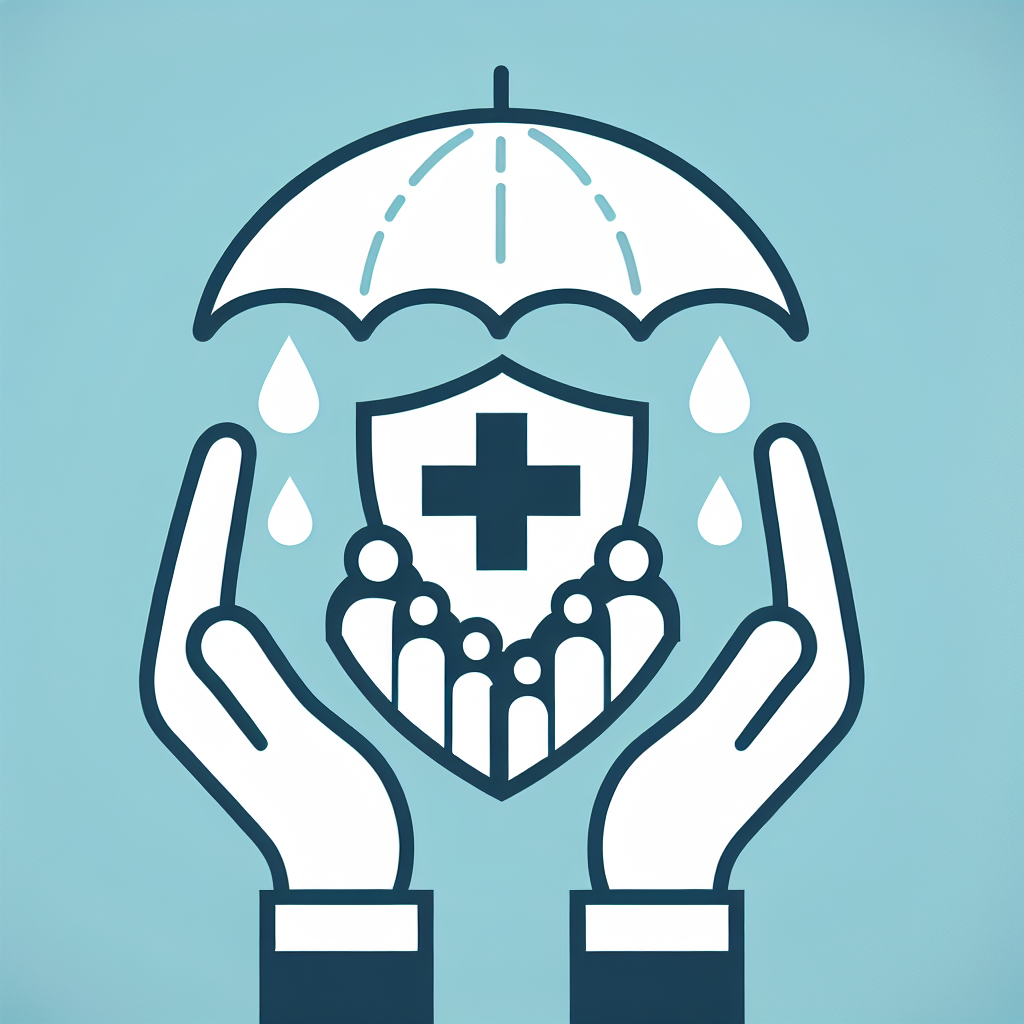Filed under Home Insurance on
Home-Based Business Insurance Coverage Guide

Running a business from the comfort of your home has become increasingly popular. Whether you're a freelancer, entrepreneur, or small business owner, there are numerous advantages to operating a home-based business. However, one crucial aspect that often gets overlooked is insurance. Home-based business insurance is essential for protecting both your business and personal assets. In this Home-Based Business Insurance Coverage Guide, we’ll explore the nuances of this type of insurance, its benefits, and tips for making sure you are adequately covered.
Understanding Home-Based Business Insurance
Home-based business insurance serves as a financial safety net, ensuring your business and personal assets are protected in the event of an unforeseen incident. Many home-based business owners mistakenly believe that their homeowners' insurance will cover business activities, but this is often not the case. Specialized coverage is necessary to address the unique risks associated with running a business from home.
Why Homeowners' Insurance Isn't Enough
While homeowners' insurance policies do cover personal property and liability, they often have limitations when it comes to business-related claims. For instance, a homeowners' policy might not cover business equipment or liability claims arising from business operations. As such, it's crucial to assess your insurance needs and purchase additional coverage specifically designed for home-based businesses.
Types of Home-Based Business Insurance Coverage
When considering insurance for your home-based business, there are several key types of coverage to evaluate:
- General Liability Insurance: This provides protection against claims of bodily injury or property damage that occur in the course of your business operations. For instance, if a client visits your home and slips, general liability insurance would cover related costs.
- Professional Liability Insurance: Also known as errors and omissions (E&O) insurance, this coverage protects against claims of negligence or inadequate performance. It’s particularly important for service providers like consultants and freelancers.
- Business Property Insurance: This covers loss or damage to business equipment, inventory, and other assets in your home office due to events such as fire or theft.
- Business Interruption Insurance: This helps compensate for lost income if your home business is temporarily unable to operate due to a covered event, such as a natural disaster.
- Cyber Liability Insurance: With the increasing dependence on digital platforms, cyber liability insurance can protect against data breaches and cyber-attacks.
Selecting the Right Coverage
Determining the appropriate insurance coverage for your home-based business requires evaluating several factors. Start by conducting a thorough risk assessment, identifying potential liabilities, and reviewing your homeowners' insurance policy to understand existing limitations. Consulting with an insurance professional can also be invaluable in customizing a policy that meets your business's specific needs.
Case Study: An Artisan Jewelry Business
Consider Jen, who runs an artisan jewelry business from her spare bedroom. Initially, she assumed her homeowners' insurance would suffice, as her business had a small inventory. However, after a minor fire caused significant smoke damage to her materials and finished pieces, Jen realized the importance of a business property insurance policy. By securing adequate coverage, she was able to replace her materials and resume production much sooner.
Cost Considerations
The cost of home-based business insurance varies widely based on factors like the size of your business, type of industry, location, and coverage limits. On average, small home-based business insurance policies can range from $250 to $500 annually. However, costs can increase depending on the level of coverage and additional endorsements you choose.
It's important to work with an insurance agent to obtain quotes from multiple insurers, ensuring you receive competitive pricing. Remember that while cost is an important consideration, choosing the cheapest option might leave your business exposed to significant risks.
Ensuring Continuous Coverage
As your business evolves, so too should your insurance coverage. Regularly review and update your policy to reflect changes in your business operations, inventory levels, or services offered. Continuous communication with your insurer will help you maintain adequate protection and avoid potential coverage gaps.
Real-Life Example: An Expanding Freelance Graphic Designer
Mike started his freelance graphic design business with just a laptop and subscription software. As his client base grew, he invested in a high-end computer and digital drawing tools. Initially, he hadn't considered the need for insurance, but after a coffee spill damaged his equipment, he realized the importance of business property insurance. Later, as Mike's business expanded to include subcontractors, he added general liability insurance to cover potential third-party claims.
FAQ Section
1. Do I really need home-based business insurance if I have homeowners' insurance?
Yes, homeowners' insurance often does not cover business-related incidents. Home-based business insurance provides protection tailored to your business operations, assets, and liabilities.
2. Can I add a rider to my homeowners' insurance for my home-based business?
Some insurers offer business riders that can be added to your homeowners' policy. However, these may have limited coverage compared to a dedicated business insurance policy, so it's important to assess if it adequately covers your needs.
3. How much does home-based business insurance typically cost?
The cost depends on several factors, including the nature of your business, coverage needs, and location. On average, you might expect to pay between $250 and $500 annually, though premiums can vary.
4. What happens if I don’t have home-based business insurance and an incident occurs?
Without home-based business insurance, you could face significant financial risks. You might be responsible for paying out-of-pocket for losses or damages, as homeowners' insurance typically won't cover business-related incidents.
5. How do I choose the right insurance provider for my home-based business?
Research multiple insurance providers, compare policies, and consider seeking recommendations from other business owners. Consulting with an experienced insurance agent can also help you find the best coverage tailored to your business needs.
Home-based business insurance is a critical consideration for safeguarding your venture. By understanding the different types of coverage, assessing your specific insurance needs, and regularly updating your policy, you can ensure your home business thrives without unnecessary financial risk.





